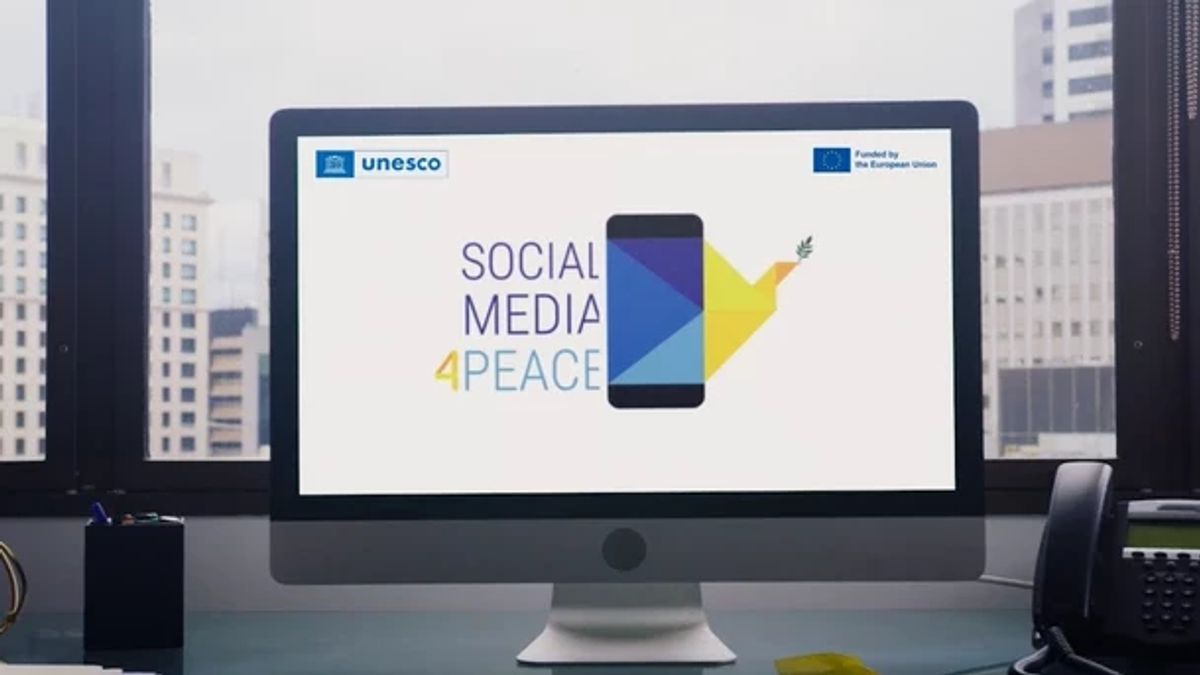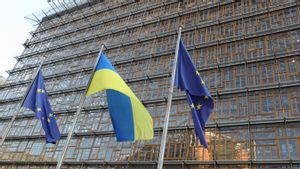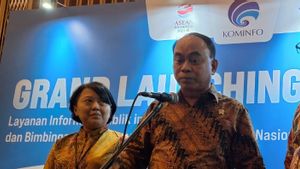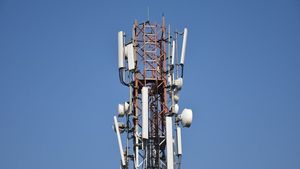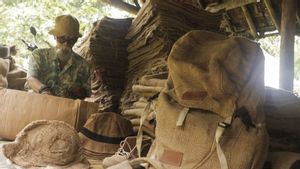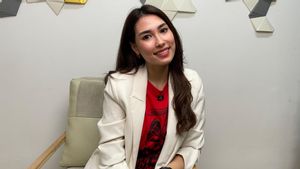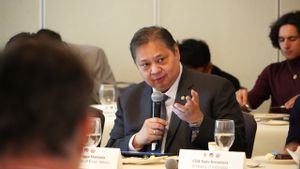JAKARTA - Not long ago, The United Nations Educational, Scientific and Cultural Organization (UNESCO) visited the Minister of Communication and Information Budi Arie Setiadi to submit a proposal to form a Social Media Council.
If this Social Media Council is officially formed, then this Council has a function to monitor negative content on social media such as Instagram, Facebook, TikTok, X, and so on.
However, there has been no further update regarding the formation of this Social Media Council. Whether it will become an independent institution or become a supervisory body under the auspices of the Ministry of Communication and Informatics is also unknown.
"So yesterday UNESCO visited the Minister, then he also consulted issues, negative content on social media, that's why he suggested, what if the Social Media Council was developed," said Director General of Public Communication Information (IKP) Usman Kansong to VOI when contacted on Thursday, August 30 yesterday.
"Yes, we also don't know the shape yet, whether there is something similar in other countries for us to make benchmarks. There has been no further follow-up after the Minister of Communication and Information meeting with UNESCO," explained Usman further.
Launching from its official website, UNESCO stated that it submitted proposals for the formation of this Social Media Council project to four pilot countries, including Bosnia and Herzegovina, Colombia, Indonesia, and Kenya.
The overall goal of this project is to strengthen public resilience to the spread of potentially harmful content online, especially hate speeches that incite violence while protecting freedom of expression and enhancing promotion of peace through digital technology, especially social media.
Usman also emphasized that the existence of the Social Media Council will certainly not limit the freedom of expression and freedom of public opinion on social media.
"The Social Media Council proposed by UNESCO is a council or institution that wants to minimize the negative impact of social media. Or violates norms such as, for example, pornography or online gambling. It has nothing to do with freedom of expression, freedom of expression," he stressed.
VOIR éGALEMENT:
Because this project is still under preliminary discussion, Usman admitted that currently Kominfo does not know what legal basis will be used in the formation of this Social Media Council. However, he said it might not be based on the ITE Law.
"Not yet (the legal basis). One institution was formed under law. For example, the PERS Council, it was formed under the PRESS Law No. 40 of 1999. Can it be included in the ITE Law? I don't think so," he said.
Because said Usman, the ITE Law does not mandate the formation of an institution. "Because the ITE Law is currently in the process of being revised, and we in the revision, in fact, no one mandates the establishment of an institution or institution," explained Usman.
Usman said this Social Media Council would be different from the DSA Law which now applies in the European Union. This DSA is actually used as a guideline for the government in the formation of Presidential Regulation (Perpres) Publisher Rights.
"The Digital Services Act is the same as our Publisher Rights. The DSA also mandates the existence of an institution. Publisher Rights also mandates the existence of an institution. So if the Digital Services Act, the guidelines for Publisher Rights," he said.
According to him, this DSA has a more inclined task towards monitoring digital platforms, which are related to news, news content. "For example, it is regulated within the DSA that the platform must be transparent in algorithms and algorithm changes," he added.
The English, Chinese, Japanese, Arabic, and French versions are automatically generated by the AI. So there may still be inaccuracies in translating, please always see Indonesian as our main language. (system supported by DigitalSiber.id)
